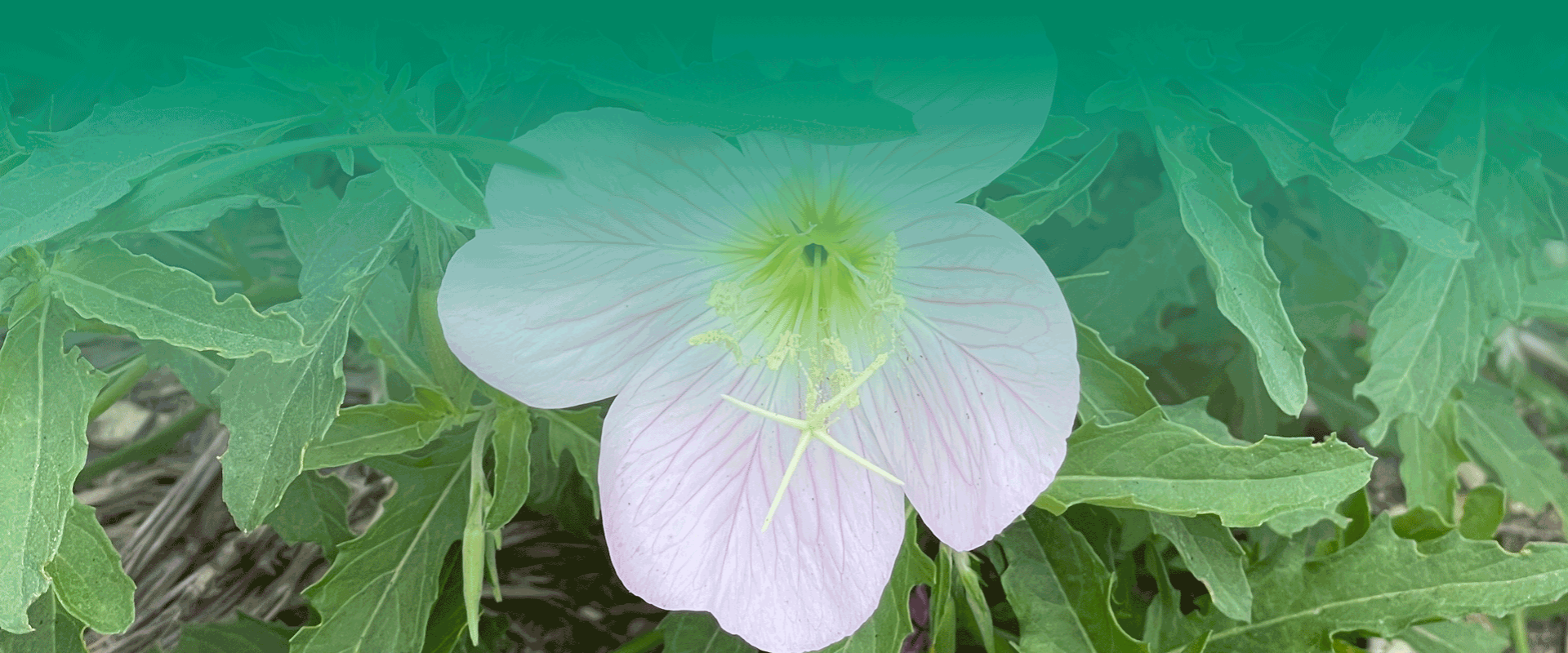
Edible gardening is the practice of growing fruits, vegetables, herbs, and other edible plants for personal consumption. It can be done in a variety of settings, from a small balcony or windowsill to a large backyard or community garden. Edible gardening is a great way to ensure a fresh and healthy food supply. By growing your own produce, you have control over what pesticides and fertilizers are used and can avoid the potential health risks associated with consuming commercially grown produce.
In addition to the health benefits, edible gardening can also be a fun and rewarding hobby. It allows you to connect with nature, get some exercise, and enjoy the satisfaction of growing your own food. Edible gardening can also be a way to save money, as home-grown produce is often less expensive (and tastier!) than store-bought options. Some common edible plants to grow include tomatoes, lettuce, herbs, berries, and root vegetables.
Some common edible plants to grow include tomatoes, lettuce, herbs, berries, and root vegetables. Here are some important considerations to keep in mind when beginning an edible garden:
- Choose a sunny location with well-drained soil that is easily accessible for watering and maintenance. If you are gardening in a small space like a balcony or windowsill, choose plants that will thrive in containers.
- Good soil is essential for growing healthy plants. Test the soil to determine its pH and nutrient levels, and amend the soil with organic matter, like compost or aged manure, as needed.
- Adequate water is critical for growing plants. Make sure you have a reliable source of water, whether from a hose, watering can, or drip irrigation system.
- Choose plants that are well-suited to your climate and growing conditions. Consider the amount of sunlight, temperature, and rainfall your garden will receive, as well as the time of year you plan to plant.
- Regular maintenance is necessary to keep your garden healthy and productive. This includes watering, weeding, fertilizing, and pest control.
- Knowing when and how to harvest your crops is important. Harvest fruits and vegetables when they are ripe to maximize their flavor and nutrition.
- Make sure to follow safe gardening practices, such as wearing gloves and using caution when handling sharp tools. Use organic or non-toxic methods to control pests and diseases, and wash your hands after handling soil or plants.
With some patience and effort, you can create a beautiful and bountiful garden that will provide you with fresh, delicious produce for months to come.


